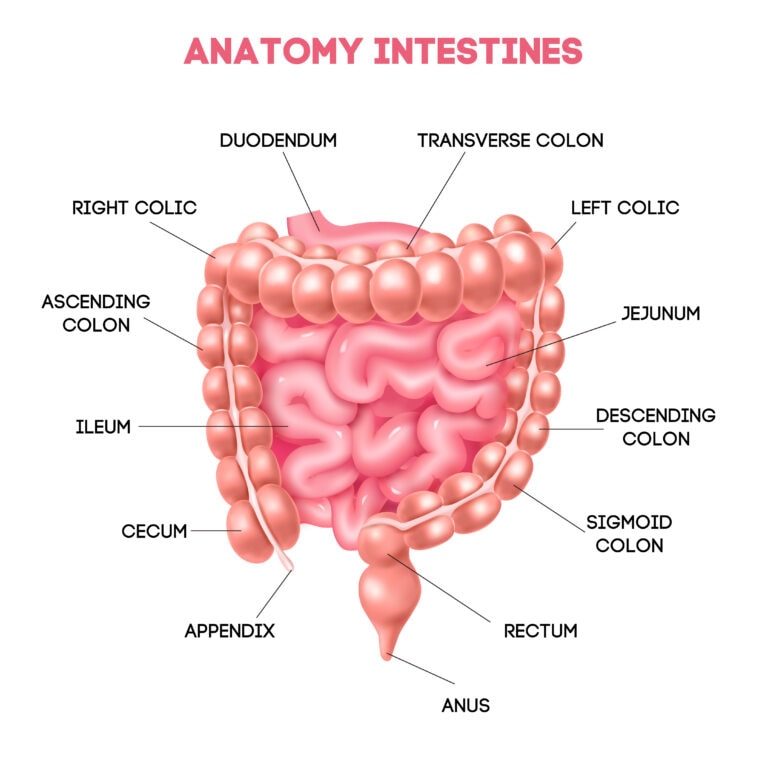Trauma can directly affect brain development and create symptoms that look exactly like ADHD in adults. Research shows these changes occur in similar brain regions linked to attention, focus, and emotional control. Studies from the National Institutes of Health indicate that 40% of adults with ADHD have experienced at least one traumatic event in their lives. Both conditions impact focus, memory, and behavior – making it essential for doctors to check for both trauma and ADHD during evaluations.
Trauma’s Impact on Brain Development
Trauma reshapes our brains in powerful ways, especially during childhood development. Your brain adapts to stress through its natural plasticity – similar to how muscles change with exercise.
Think of your brain as a house being rewired. Early trauma changes the electrical system, affecting rooms that control emotions, focus, and decision-making. These changes happen in real brain areas like the amygdala (emotion center) and prefrontal cortex (thinking center).
A child’s brain under stress creates new neural pathways to cope. Picture water flowing down a hill – it carves new channels as it searches for safer routes. These brain adaptations can show up as trouble focusing or managing big feelings.
For example, a child who experiences repeated stress becomes extra sensitive to threats. Their brain stays in “alert mode,” making it harder to concentrate in class or feel calm at home. This protective response looks similar to ADHD symptoms.
Our brains are incredibly resilient though. Just as neural pathways changed in response to trauma, they can adapt again through positive experiences and support. The brain’s flexibility works both ways – toward healing and growth.
Through understanding these changes, we see challenging behaviors as normal responses to abnormal situations. Your brain did exactly what it needed to do to protect you. Now we can work with these patterns rather than against them.
Overlapping Symptoms of Trauma and ADHD
Trauma and ADHD share many behavioral signs that can make them look alike. Your brain reacts to both conditions in similar ways, causing challenges with focus, impulse control, and anxiety.
Think of your brain’s reaction pattern – both trauma responses and ADHD create disruptions in how you process information and manage emotions. A child who experienced trauma acts hypervigilant, scanning their environment for threats. This looks very similar to an ADHD child who seems distracted by every noise or movement.
The brain changes from chronic stress or trauma can actually mirror ADHD symptoms in your daily life. You notice this through:
- Racing thoughts and trouble concentrating
- Quick emotional reactions
- Difficulty organizing tasks
- Problems with memory
- Constant fidgeting or restlessness
These shared traits make it tricky for doctors to tell them apart. Thus, mental health professionals need to look closely at your specific experiences and symptoms. They track behavior patterns over time while considering both your current situation and past experiences.
A thorough evaluation helps identify whether your challenges stem from trauma responses or ADHD characteristics. This distinction matters because each condition needs its own specific approach to treatment and support.
For example, someone with trauma-based symptoms benefits from therapy focused on processing past experiences. Meanwhile, someone with ADHD responds better to strategies that help manage attention and organization skills.
The connection between these conditions shows how our brains adapt to different experiences. By recognizing these overlaps, professionals can provide more targeted and effective support for your specific needs.
Neurological Connections Between Traumatic Experiences and Attention Challenges
Your brain creates fascinating connections between traumatic experiences and attention – I’ll explain exactly how this works in your nervous system.
- Neural Changes from Trauma
Trauma physically reshapes your brain’s wiring in ways that affect how well you focus and concentrate. Picture your brain adapting to protect you, though these changes can make daily tasks harder.
Three main areas change after trauma:
- Your hippocampus (memory center) gets smaller, making it tougher to remember things clearly
- Your amygdala (emotion center) becomes overactive, disrupting your ability to stay on task
- The connections between brain regions work differently, changing how you maintain attention
How These Changes Impact Daily Life
These brain adaptations show up in real ways – you notice your mind wandering more during conversations or tasks taking longer to complete. Your brain stays in a heightened state, making it harder to filter out distractions.
Your brain maintains remarkable flexibility to heal and create new pathways. Simple daily practices help rebuild healthy neural connections:
- Taking regular breaks during focused work
- Breaking large tasks into smaller steps
- Creating structured routines to reduce mental load
The brain-attention connection runs deep but responds well to consistent support. Each small step helps retrain these vital neural networks.
Want targeted strategies for your specific attention challenges? The next section explores practical techniques matched to different attention patterns.
Diagnostic Complexities and Assessment Strategies
Diagnosing ADHD in adults who have experienced trauma presents unique challenges for medical professionals. The symptoms of both conditions often look similar, making it hard to tell them apart.
We need specific steps to get an accurate diagnosis. A detailed look at your life history helps doctors spot patterns that started in childhood versus responses to later trauma. Brain function tests reveal how you process information and maintain attention.
Your doctor will track your symptoms through daily logs and rating scales. These tools show clear patterns in your attention, focus, and emotional responses throughout the day. The tracking process continues for several weeks to catch consistent behaviors.
Medical tests also check for other physical causes that can mirror ADHD symptoms. Blood work rules out thyroid problems or vitamin deficiencies. Sleep studies identify potential rest disruptions affecting concentration.
The best diagnosis comes from combining multiple information sources. Your doctor looks at:
- Childhood report cards and teacher comments
- Family history of ADHD
- Daily activity patterns and challenges
- Results from attention and memory tests
- Physical health markers
This careful approach helps create treatment plans that target your specific needs. Your doctor can recommend medication, therapy, or skills training based on which condition affects you most. The right diagnosis leads to more effective support for managing daily tasks and relationships.
Treatment Approaches
Trauma affects how your brain handles attention and focus. I’ll show you practical treatment approaches that help recover your mental clarity and concentration.
Your brain needs a combination of therapies to heal and rebuild attention skills. We target both your nervous system and emotional processing through:
- Specialized trauma therapy that retrains your thinking patterns
- Brain-training exercises using neurofeedback technology
- Daily tools to strengthen your planning and organization abilities
How Treatment Works
Your therapist creates a personal recovery plan combining therapy and medication based on your specific needs. The treatment rebuilds your brain’s natural ability to stay focused through step-by-step exercises.
You’ll practice new skills like:
- Setting up organization systems that work for your brain
- Using specific breathing techniques to improve concentration
- Breaking large tasks into smaller, manageable chunks
Building New Mental Skills
Each therapy session helps retrain your attention through targeted exercises. Your brain learns to:
- Filter out distracting thoughts and sensations
- Stay focused on one task at a time
- Switch between activities more smoothly
The combination of medication, therapy, and daily practice tools helps your brain recover its natural ability to concentrate. Your treatment plan adapts as you make progress, always focusing on what works best for you.
Bottom Line
The connection between trauma and ADHD involves complex brain responses that can mirror each other. Trauma can create attention challenges that look similar to ADHD, making accurate diagnosis essential. Studies show that 6 out of 10 adults with past trauma display ADHD-related behaviors, highlighting the need for careful assessment. Getting the right support starts with recognizing how these two conditions overlap – this helps create better treatment plans that work for each person’s specific situation.




